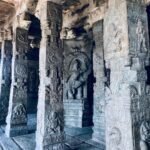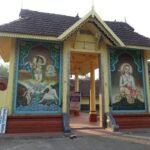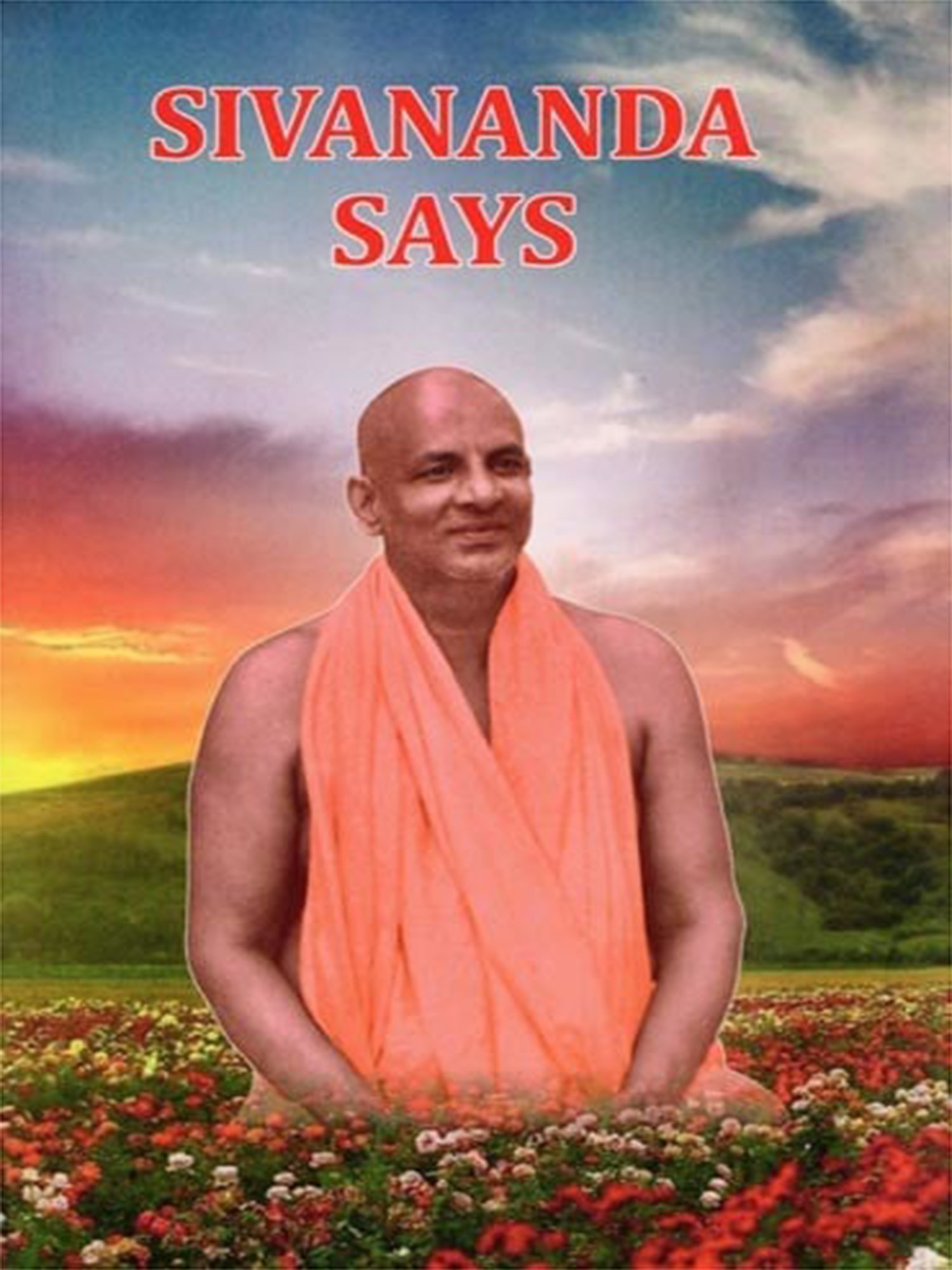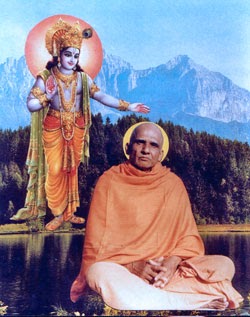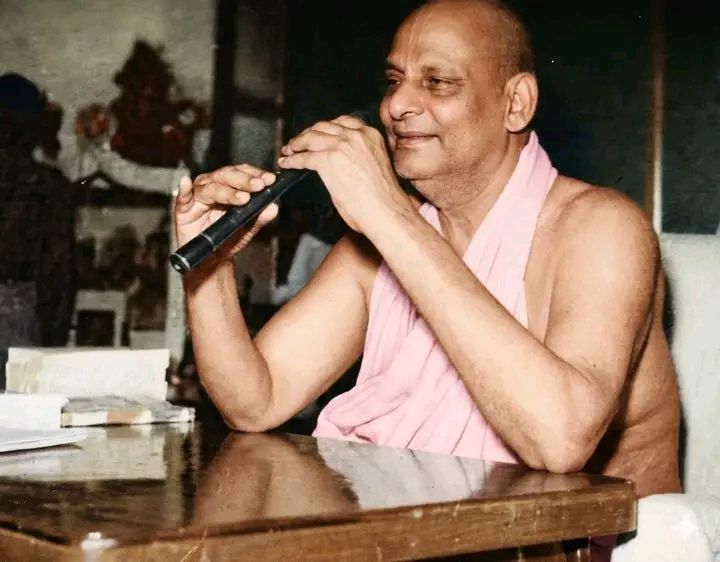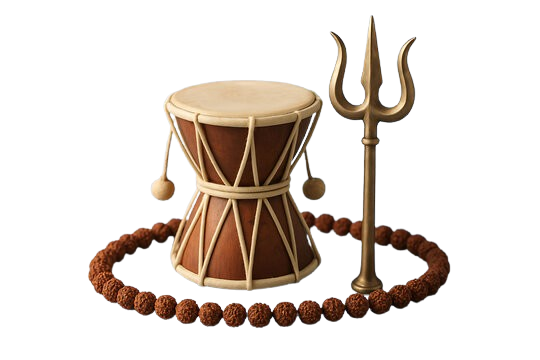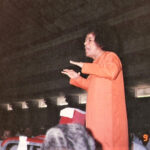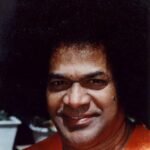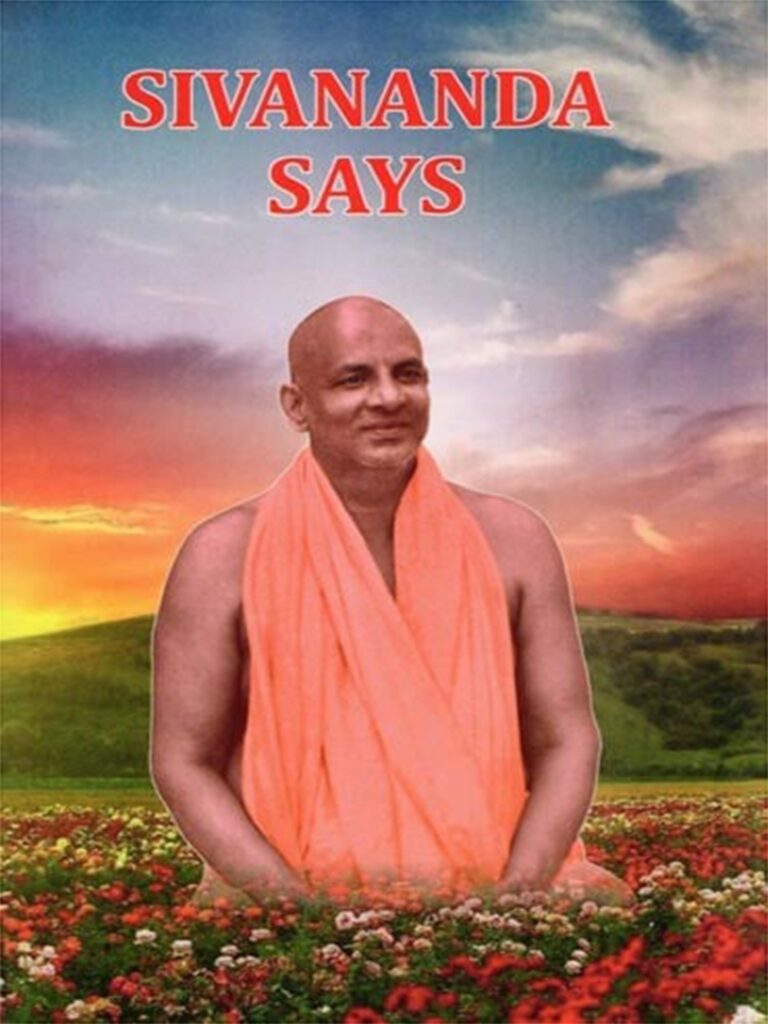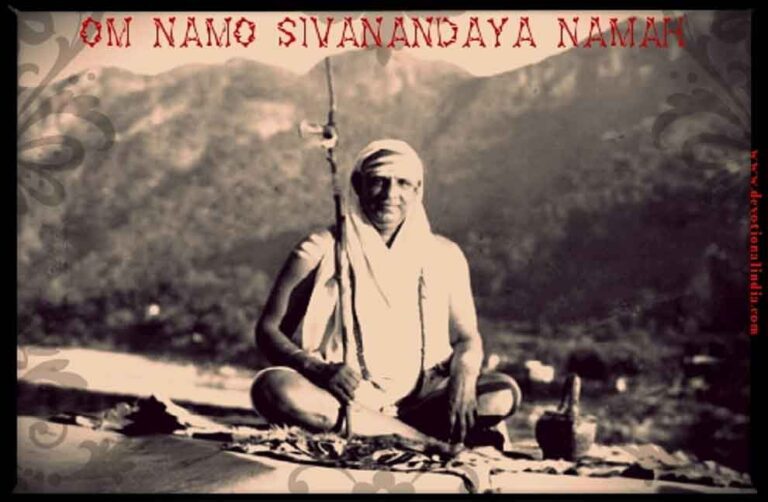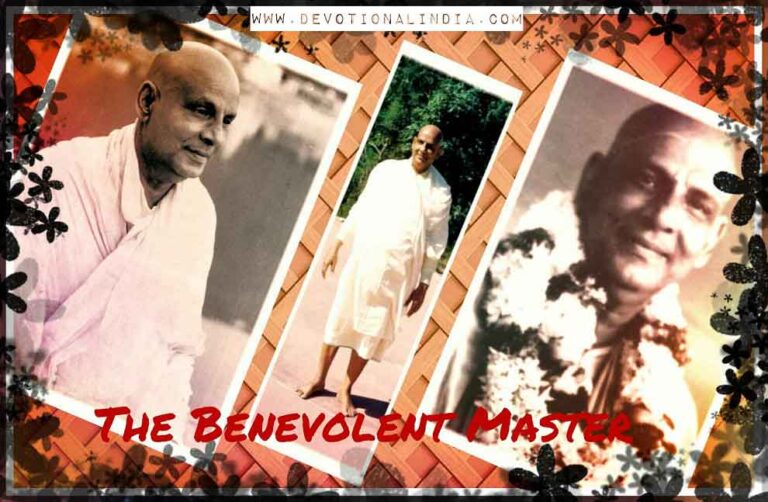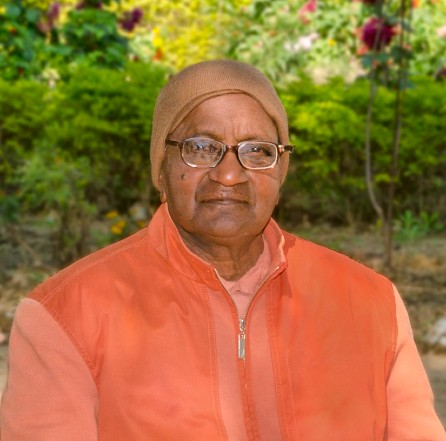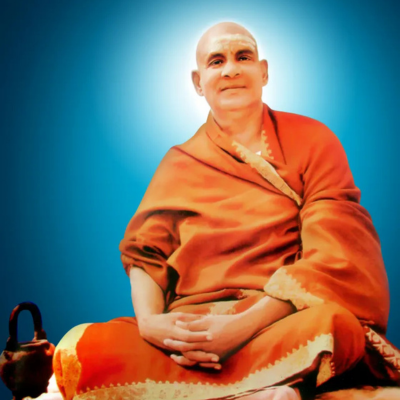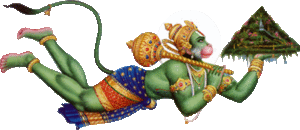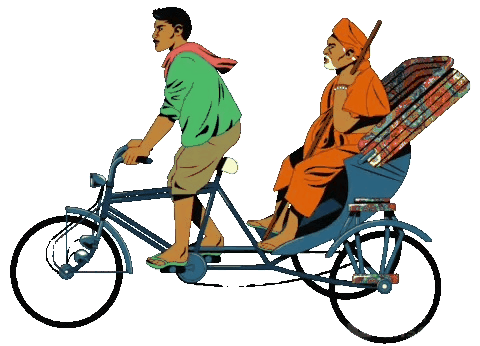Ram Navmi
Ram Navmi
Ram Navami is a Hindu festival that celebrates the birth of Lord Rama, the seventh avatar of Lord Vishnu and the embodiment of righteousness, virtue, and dharma. It falls on the ninth day (Navami) of the Shukla Paksha in the month of Chaitra (March–April). The festival is celebrated with devotion across India, particularly in Ayodhya, Uttar Pradesh, the birthplace of Lord Rama. Devotees honor the virtues of Lord Rama and seek his blessings for wisdom, courage, and moral integrity.
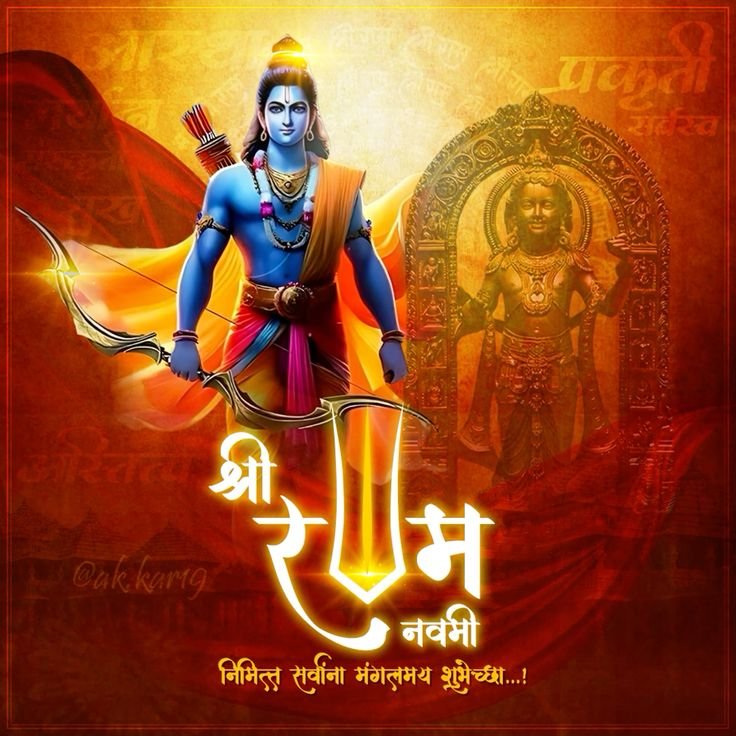

Ram Navami is a revered Hindu festival celebrating the birth of Lord Rama, the seventh incarnation of Lord Vishnu and the ideal embodiment of dharma (righteousness), courage, and virtue. Falling on the ninth day (Navami) of the bright fortnight of Chaitra,






Rituals & Traditions of Ram Navmi
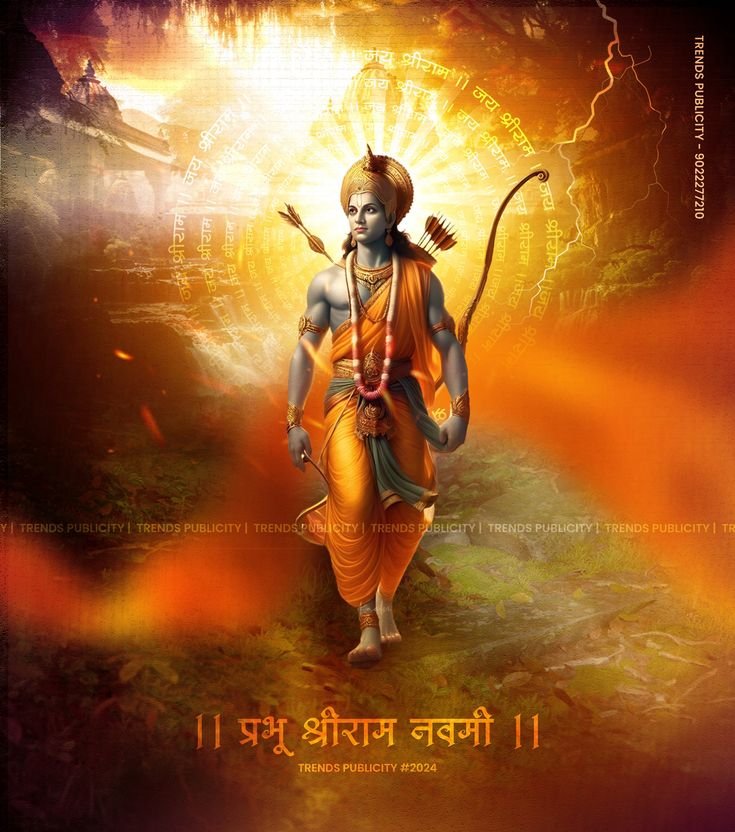
Ram Navami is celebrated with devotion, fasting, and vibrant temple rituals. Devotees begin the day with early morning prayers and puja, adorning Lord Rama’s idol with flowers and garlands. Many observe a fast, consuming fruits, milk, or special vrat meals, while chanting Ramayana verses and bhajans. Colorful processions (Shobha Yatra) featuring Lord Rama, Sita, Lakshman, and Hanuman are organized in many regions, accompanied by singing, dancing, and devotional music. Temples are beautifully decorated, and devotees offer prasad and sweets, reflecting both spiritual devotion and community participation. Through these traditions, Ram Navami celebrates the birth of Lord Rama, moral righteousness, and cultural unity, inspiring followers to embrace virtue, devotion, and harmony.
Spiritual Importance & Cultural Significance
Spiritually, Ram Navami honors the birth of Lord Rama, who embodies righteousness, virtue, devotion, and moral integrity. Devotees reflect on his life and teachings, seeking inspiration to follow dharma (righteous conduct), truth, and compassion in their own lives. Observing fasting, prayers, and recitation of the Ramayana helps devotees cultivate discipline, devotion, and inner strength, reinforcing the timeless values exemplified by Lord Rama.
Culturally, Ram Navami is a festival of community celebration, social harmony, and collective devotion. Temples and public spaces are decorated, colorful processions bring communities together, and devotees share prasad and festive meals, fostering unity and joy. The festival also preserves Indian traditions, music, and storytelling, passing on moral and spiritual lessons to younger generations. By blending spiritual reverence with cultural festivities, Ram Navami inspires both personal growth and social cohesion, making it a festival of enduring significance and timeless values.


Food & Sweets & Modern Celebrations

FDuring Ram Navami, devotees prepare special prasad and festive foods to honor Lord Rama. Common offerings include kheer, puri, halwa, fruits, and vrat-special dishes that are simple yet auspicious. Many devotees avoid onion, garlic, and non-vegetarian foods while fasting. These foods are shared with family, friends, and temple visitors, symbolizing community bonding, devotion, and generosity.
Modern Celebrations
In contemporary times, Ram Navami has evolved into a grand cultural and devotional festival. Temples are beautifully decorated, and processions (Shobha Yatras) featuring Lord Rama, Sita, Lakshman, and Hanuman are organized with music, singing, and dancing. Devotional programs, Ramayana recitations, and cultural performances are widely held in schools, community centers, and temples. Digital platforms also allow devotees to participate virtually in prayers and celebrations, spreading devotion beyond geographical boundaries. Modern observances combine traditional rituals with community engagement and cultural vibrancy, ensuring the festival remains spiritually meaningful while inclusive and festive.

